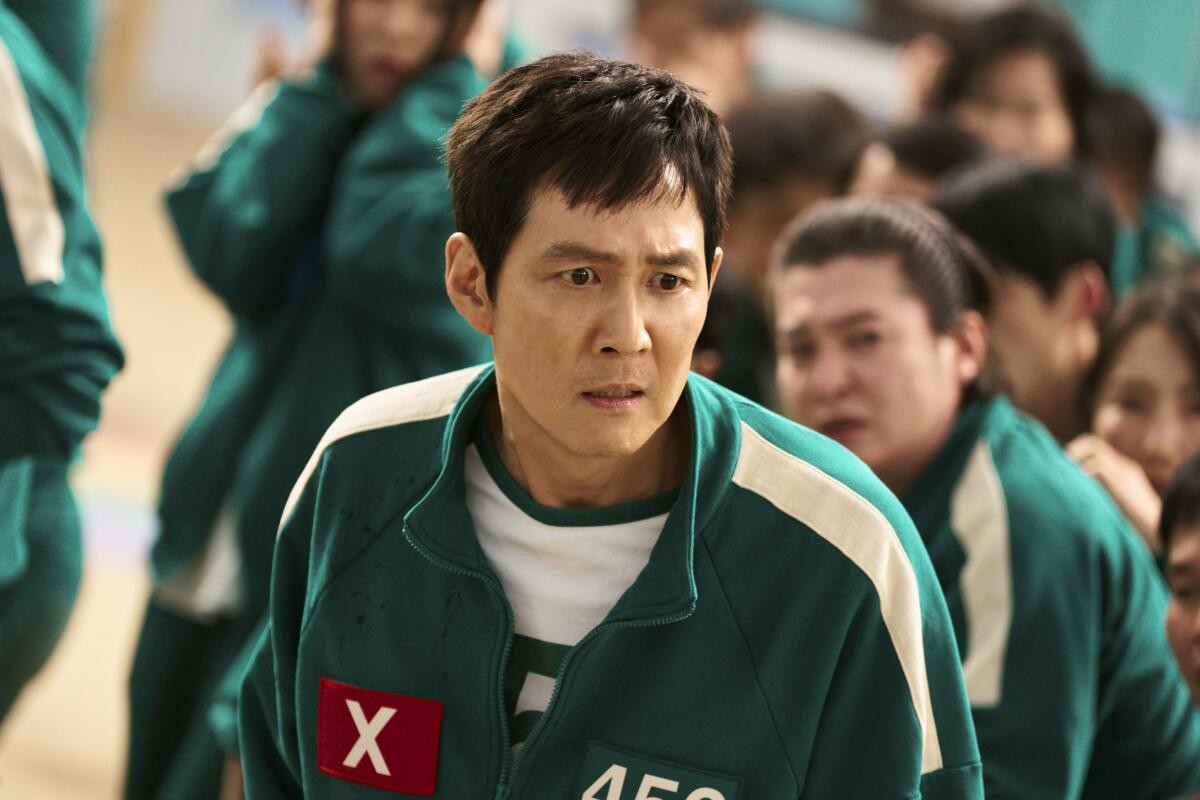
After three years of anticipation, Netflix's most successful series ever returns with seven new episodes that leave viewers wondering if this second season was truly necessary.
Creator Hwang Dong-hyuk's candid admission about his return is telling. Despite the first season's massive global success, he claims he "didn't make much" and returned primarily for financial compensation. This revelation comes after reports that the initial season's production was so grueling it cost him several teeth.
The new season finds Seong Gi-hun (Lee Jung-jae) back in the deadly competition he won in season one. While the production values remain impressive - featuring a massive day-glo Lego staircase and the return of the iconic giant robot girl - the story moves at a notably slower pace than its predecessor.
Season two introduces new characters, including a North Korean defector and a transgender contestant, but many feel like variations of season one's players. The games themselves, while still masterfully crafted as suspense pieces, are fewer in number - only three games spread across seven episodes.
The show's commentary on income inequality, which drove the first season's narrative, feels less sharp this time around. Despite real-world wealth disparity worsening since 2021, the series offers little new perspective beyond a subplot about cryptocurrency losses.
Perhaps most telling is the show's reliance on voting sequences between games, which become repetitive and drag down the pacing. What could have been an interesting narrative device instead feels like unnecessary padding in an already stretched storyline.
While Lee Jung-jae's performance remains compelling and the production design continues to impress, the new season struggles to justify its existence beyond commercial interests. The result is a slower, less focused version of what made the original such a phenomenon.
The series that once felt fresh now seems caught in its own deadly game - trying to replicate past success while losing sight of what made it special in the first place.